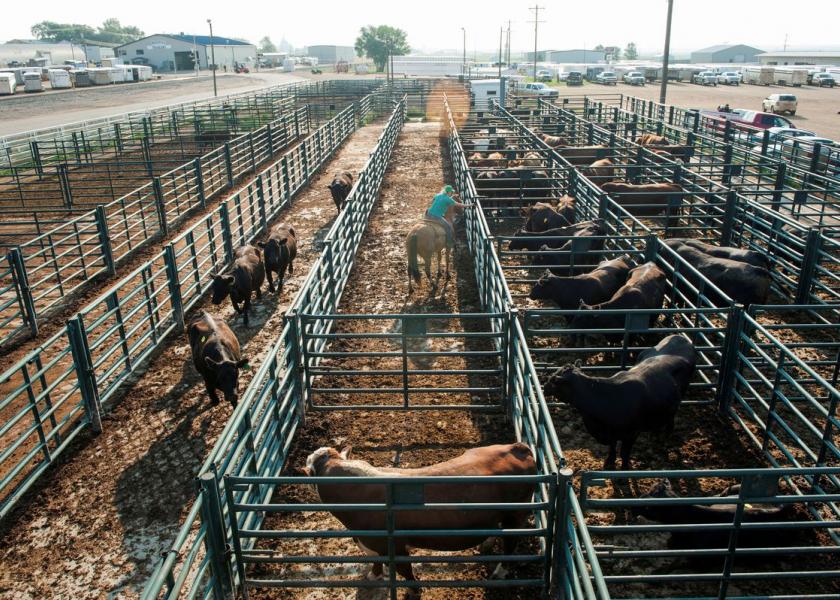U.S. Plans Rule to Protect Livestock Farmers From Company Retaliation

Through its role in the President’s Competition Council, the U.S. Department of Agriculture is proposing regulations to prevent meat companies from retaliating against livestock and poultry farmers who speak out on practices such as price-fixing.
On Monday, USDA also said it will work with state attorneys general to investigate anticompetitive practices in the agricultural sector that contribute to inflation. The moves aim to increase competition in the highly concentrated meat industry as part of a broader effort by the Biden administration.
USDA said its new rule would prohibit meat companies from retaliating against farmers and ranchers who take part in "lawful communications" and whistle blowing on price-fixing or who participate in associations. It would also seek to protect farmers who may be at a higher risk for mistreatment because of their race, gender, sexuality or religion, the agency said.
The rule would revise regulations under the Packers and Stockyards Act, a century-old law meant to protect farmers from unfair market practices.
It would identify "unlawfully deceptive practices" that violate the act, including those related to the formation and termination of contracts between farmers and meat companies, the USDA said.
In May, the USDA proposed another rule that would require poultry companies to be more transparent with contract chicken growers. The rules aim to improve on previous USDA efforts to protect farmers.
In February, JBS SA (JBSS3.SA) agreed to pay $52.5 million to settle litigation accusing meatpacking companies of conspiring to limit supply in the U.S. beef market in order to inflate prices and boost profits. Separately, executives who worked for Pilgrim's Pride (PPC.O) and another poultry producer were found not guilty of fixing prices in the poultry sector this year.







